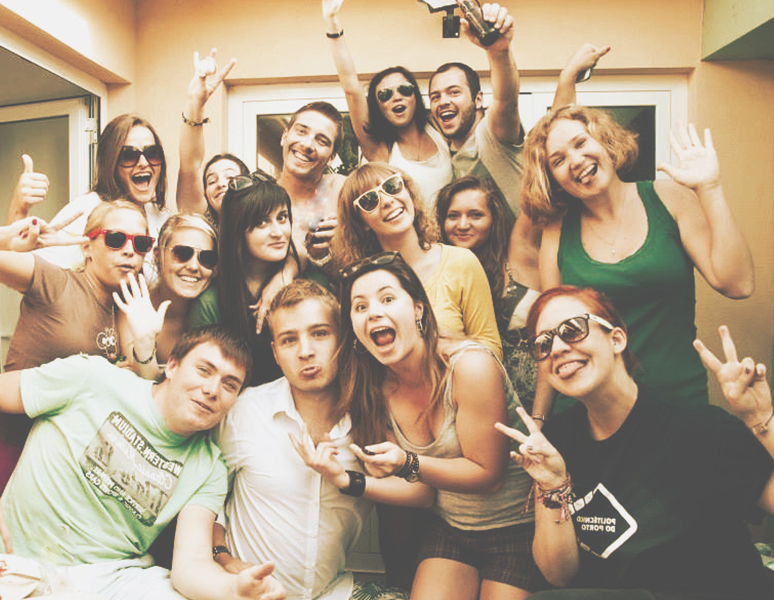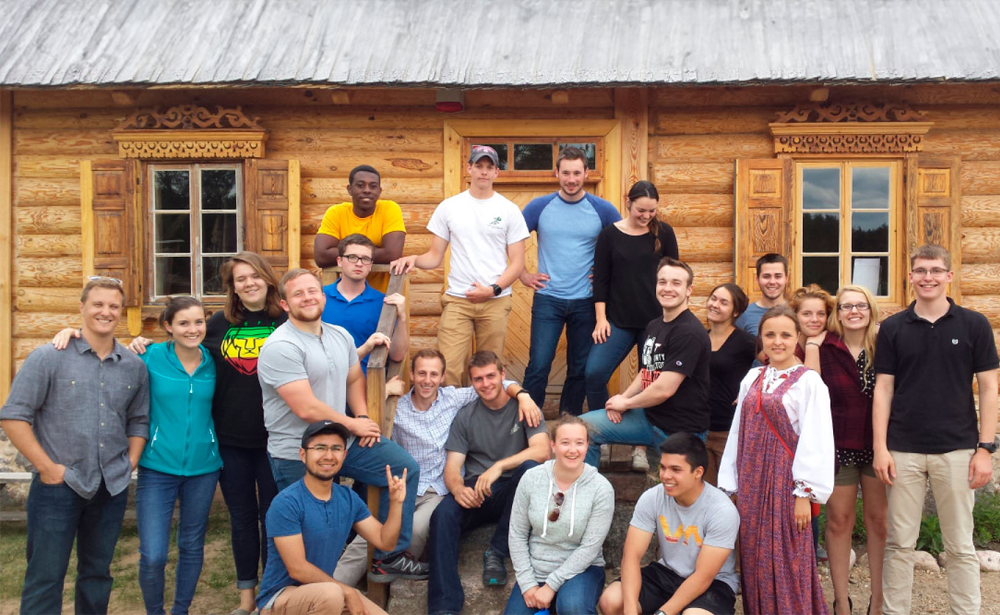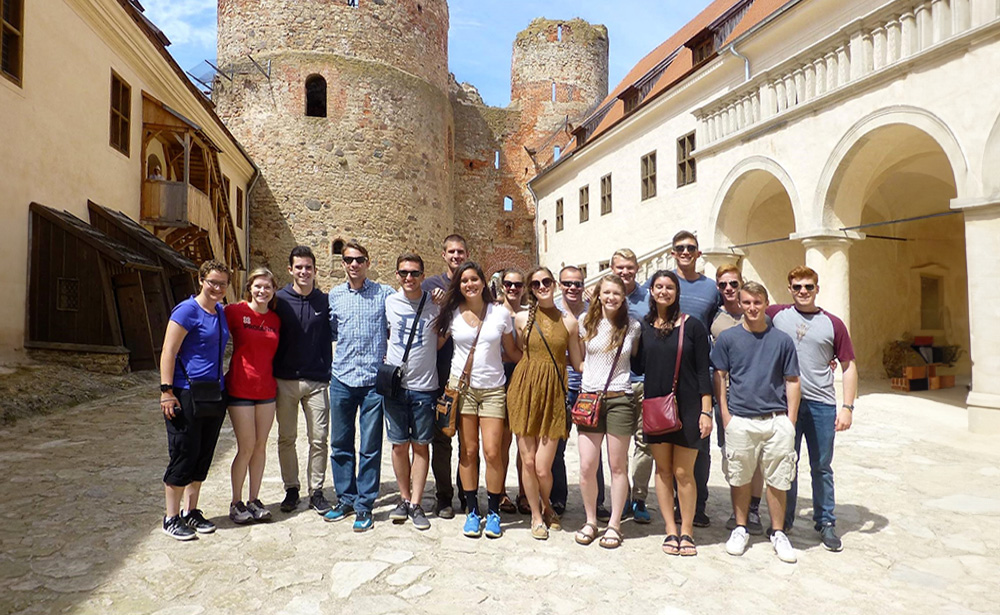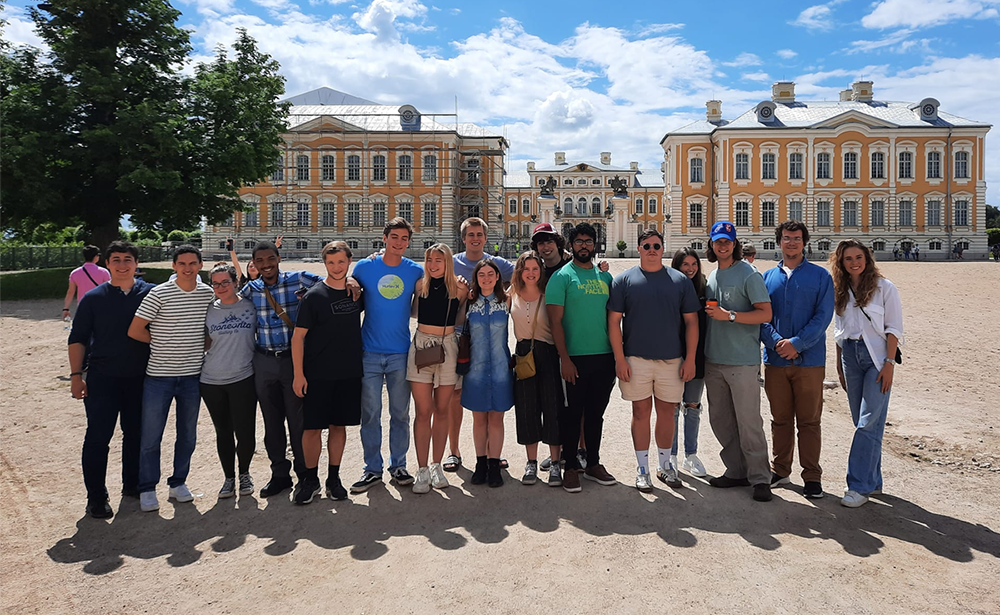Erasmus – How to Travel and Upgrade Your Skills
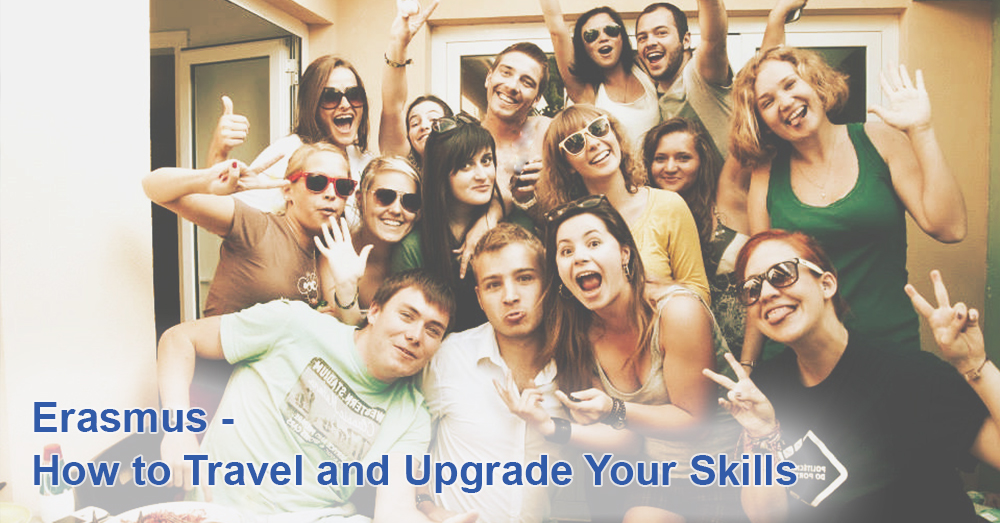
Surely you have heard a lot about Erasmus programme. However, not many of you have used the opportunities offered by the programme. Today, we have decided to find out what the programme is about, how it works, and how you can significantly upgrade you professional skills by means of Erasmus programme.
What Erasmus programme is, and how it appeared
Erasmus is a student and teacher exchange programme between the EU, Iceland, Lichtenstein, Macedonia, Norway, and Turkey universities. The programme provides an opportunity to study, to intern and to teach in any member state. As a rule, the period of study and internship is from 3 months to 1 year. You can participate in the programme more than once, although the total period of study or internship should not exceed 2 years.
The programme is named after Erasmus of Rotterdam, a prominent Renaissance humanist who is famous for both his scientific works and his travels around Europe and work in a lot of universities there.
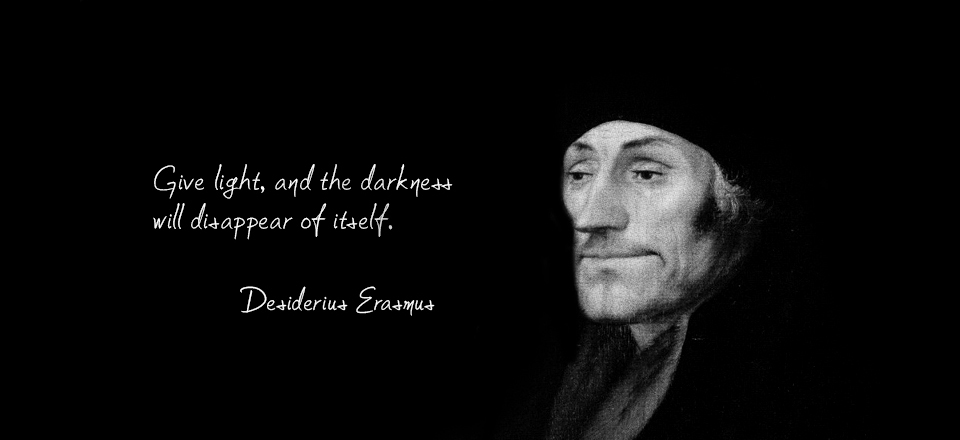
Erasmus programme was founded in 1987 upon the initiative of a few Italian scientists. The programme changed its type several times; its modern concept was formed only by 2006. Since 2014 Erasmus was joined with other exchange programmes. Now they are known under a common name Erasmus+. They provide opportunities for studying, internship and work not only for university students but also for school students. Erasmus+ also includes programmes of non-formal education for youth and various international initiatives in the sports sphere.
Nowadays Erasmus+ covers about 4,000 educational institutions in 37 countries. More than 3 million people have participated in the progromme since the time it was founded. Every year about 5%of all graduates in Europe are Erasmus students.
“The Erasmus Experience”
“The Erasmus experience” is a cultural phenomenon that emerged as a result of the development of student exchange programmes. For many students these programmes provided their first opportunity to live and study abroad. Most students look at Erasmus not only as a study programme but the way to acquire skills for social communication and establish connections with their peers from other countries. Many European sociologists consider “the Erasmus experience” as a significant stage in the process of formation of the so-called pan-European identity. A German sociologist Stephan Wolf believes that thanks to Erasmus programmes, people with a completely different level of socialization and views on relations between European countries will occupy leading positions in Europe in a couple of decades.
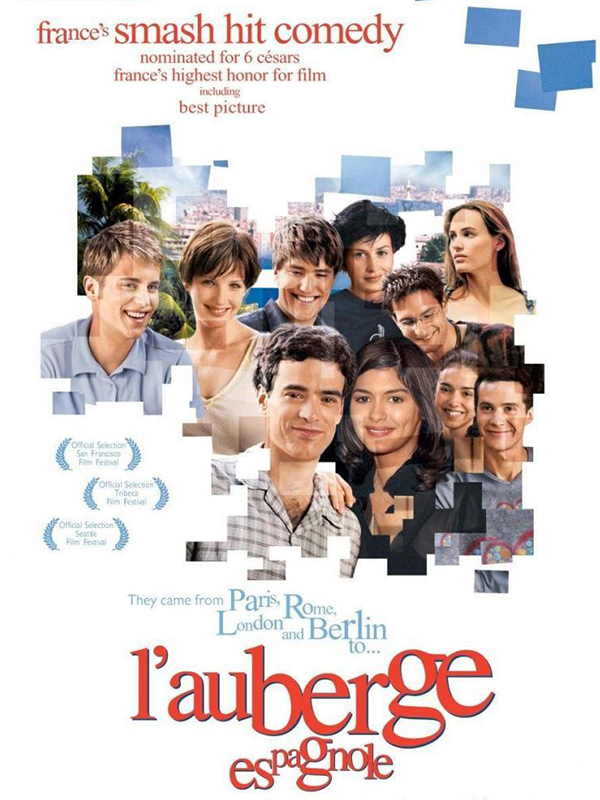
“The Erasmus experience” was also described in a few films and books that tell about the relations between students from different European Union countries.
How It Works
As we have already mentioned, recently Erasmus programmes have become available for both university and school students. However, within the framework of our project we are going to speak mainly about university students. So, in order to take part in the exchange programme, a student has to study at university for at least 1 year, the minimal exchange period is 3 months (internship – 2 months). The knowledge of the language of the host country is an important condition for studying abroad. However this condition is not mandatory in some cases. Students are often offered to evaluate their skills by themselves. For example, majority of students use English for communication with their peers, although they do not need to use it. Firstly, students studying foreign languages choose for their trip the country where the language they study is a state language. Secondly, it can happen that the language they study is not the official language of the country, but it is one of the main communication languages. In both cases, students can improve their skills not only at lectures but also in their free time in everyday environment.
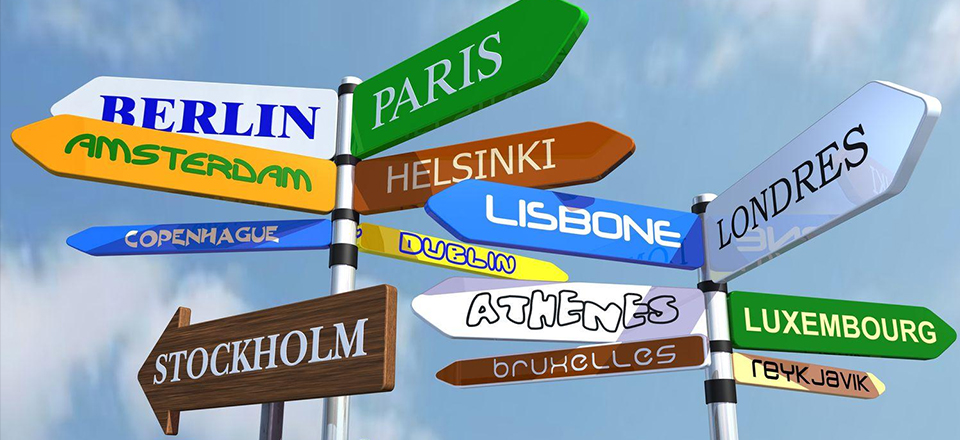
Russian Language and Erasmus+ at Daugavpils University
Every year students from different countries come to Daugavpils to study Russian. The university has a very good Russian Language and Literature department. At Daugavpils University students can also do the programme “Eastern European Cultural and Business Relations” that is run in the Russian language.
Since the Russian language is the main communication language in Daugavpils, students find themselves in a situation as if they went to study Russian to Moscow or St. Petersburg. But they do not require a visa and they can use all advantages offered by Erasmus programme.

You may be interested
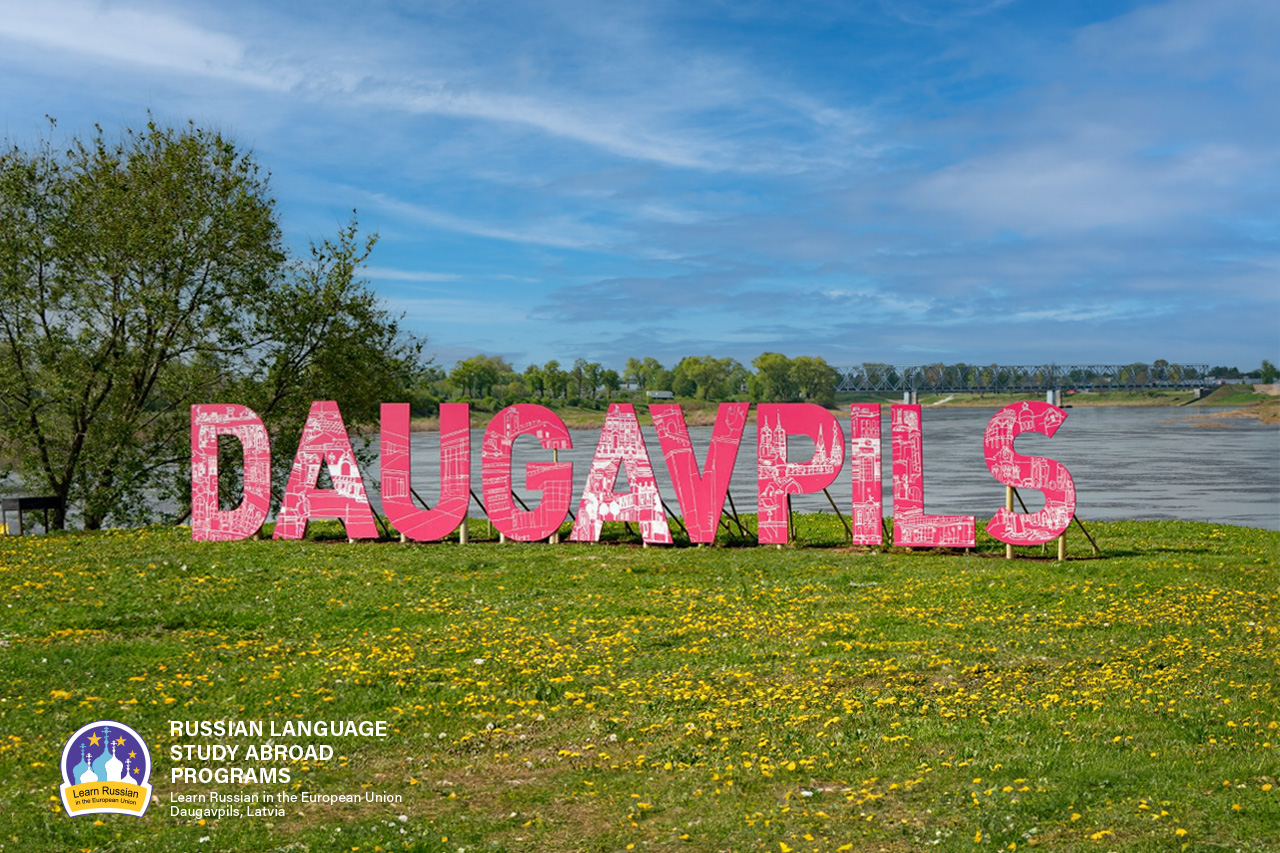
Why do people speak Russian in Daugavpils?
As it seems to us, Daugavpils is the best place to learn Russian now, because our city is situated in the EU and NATO, but at the same time 90% of the city’s population speak Russian at home.
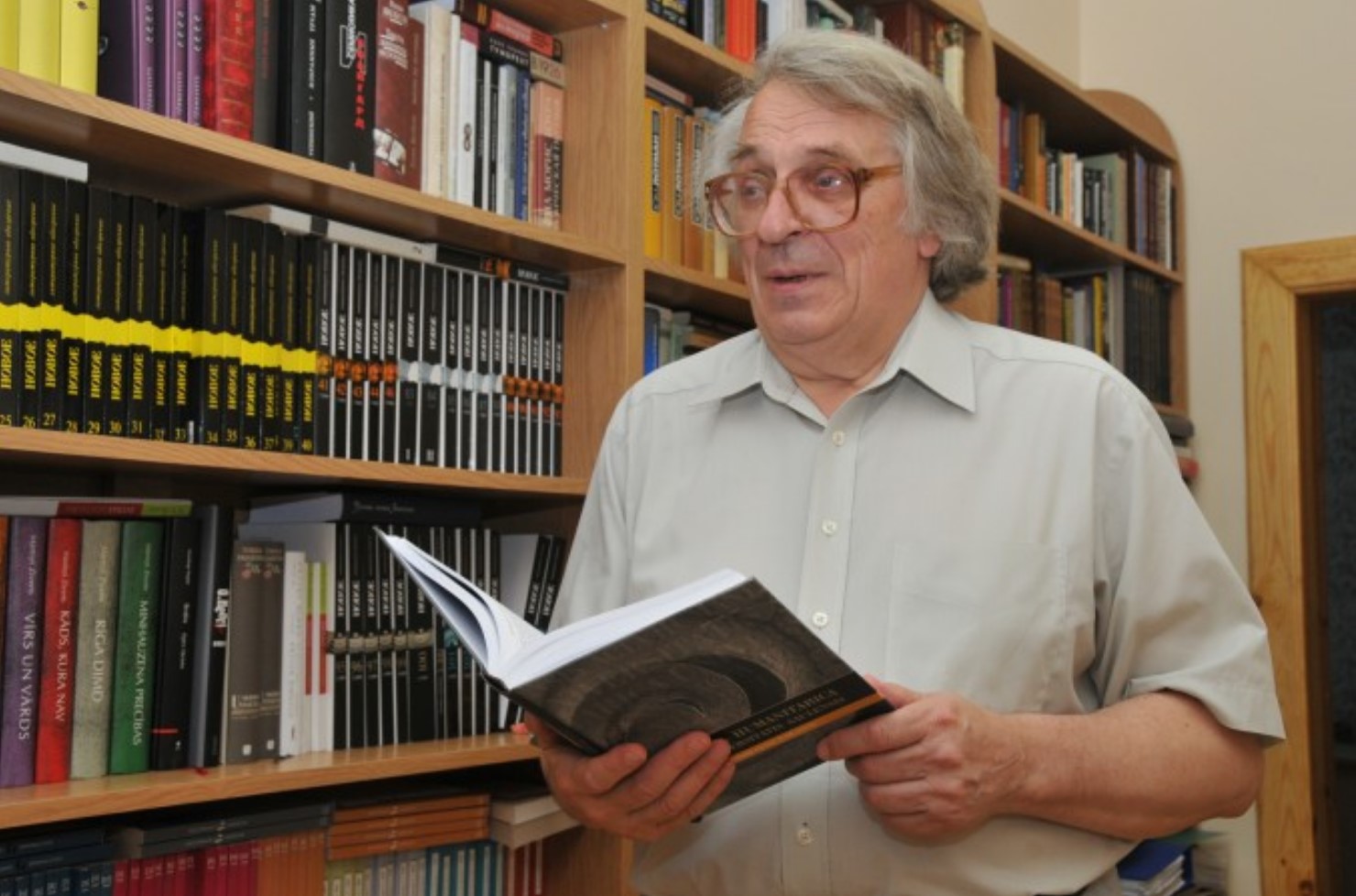
ЭТЮД О ДВИНСКЕ
Etude on Dvinsk by F.Fedorov
The Baltic region is one of the most catastrophe prone regions of the 2nd millennium, especially its second part; it is the centre of attraction of ‘geopolitical’ interests of the European world. Probably the most tragic fate has befallen to the eastern part of the present Latvia and its multi-titled town of Dinaburg – Dvinsk – Daugavpils. During its 730 years long history, the town went through five rather autonomous periods of development, five different lives (German, Polish, Russian, Latvian, Soviet), and at the beginning of the 1990s it entered into the 6th period.
The history of Dinaburg – Dvinsk – Daugavpils is the history of five attempts by the town to begin its life anew; and this is determined not only by the fact that the town was four times burned down and had to start life from scratch, but first and foremost because each of these periods was characterized by a total change of ethnos and the socio-cultural field.
The present article deals with the cultural space of the town in one of the most efficient periods of its development – from the 1860s till World War I.


